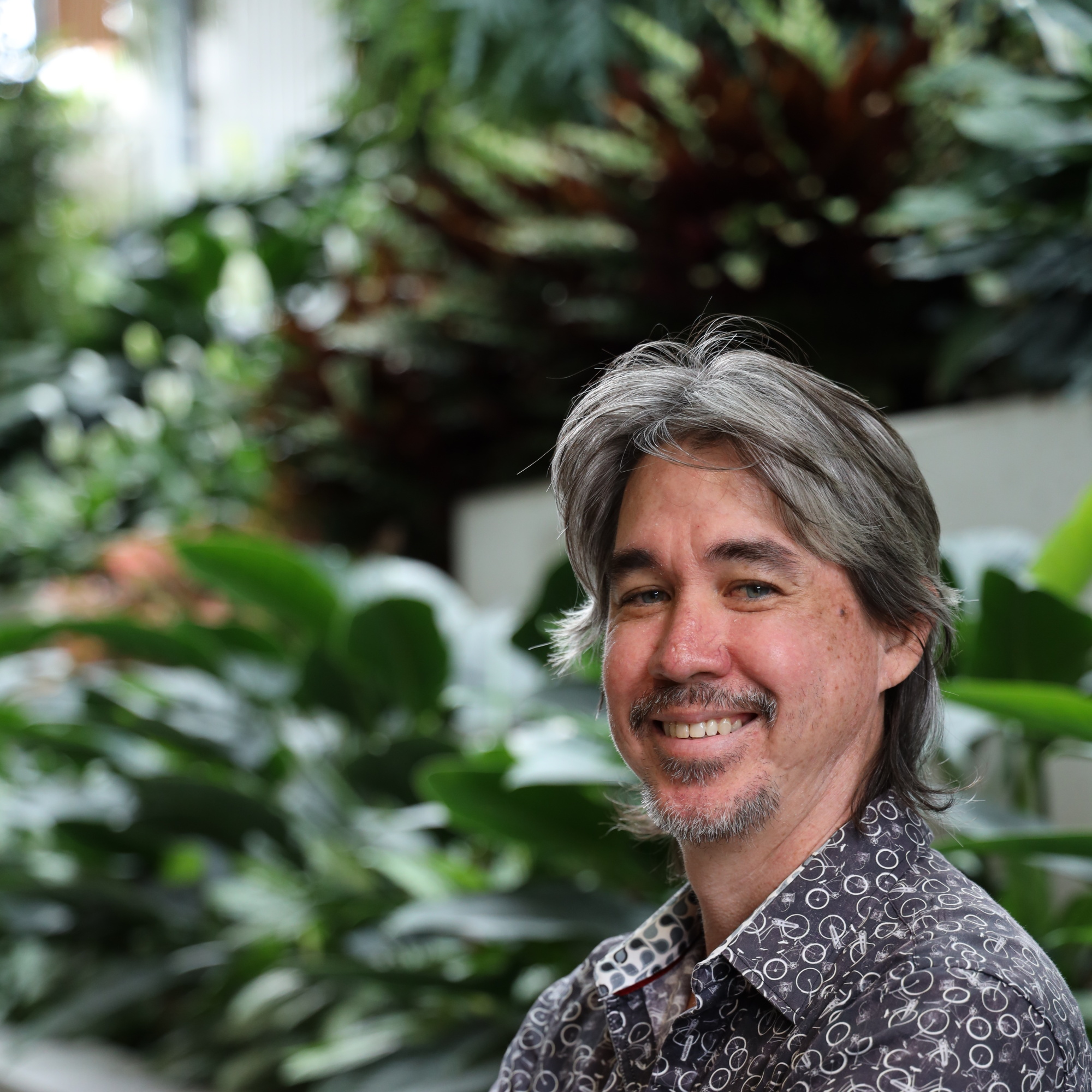QUT researchers have collaborated with a local software solutions company on a community and participatory design initiative to address social isolation and loneliness in socially disadvantaged communities in Townsville.
The QUT Design Lab, the Digital Media Research Centre (DMRC) and – locally owned and operated – IT and software solutions company Daktech have come together to develop a new place-based approach for community creativity and innovation in the North Queensland city.
QUT PhD student Michael Bromage, a research intern with DakTech, is leading the project along with Professor Marcus Foth and Professor Greg Hearn, from the QUT School of Design, and Dr Kim Osman from the DMRC.
Michael Bromage said the project involved both place design and community engagement, to create a safe, accessible environment for tinkering and creative practice at Daktech’s Maker Space.
“The aim is to improve digital inclusion to enhance social and economic outcomes for participants,” Mr Bromage said.

“We flip the standard programming model on its head, and start by listening to participants’ dreams, desires and struggles to begin to deeply know someone and to help them know themselves, their relationship with community, and how to activate their creative energy.
“We then help participants form a micro-project inspired by their own values, assist them to access resources and connect with others to get their project rolling, then accompany participants in their journey as they progress.
“For me the joy of research is pursuing curiosity, to see what comes from this initiative; and it is a real privilege to rigorously explore and contribute knowledge that improves contemporary society.”
Mr Bromage said the labels ‘socioeconomic disadvantaged, homeless, lonely, low-income or unemployed’ conjured up images not often associated with ‘creativity, innovation, and aspiration’.
“Foremost, I am fascinated by the creativity of humans – many who are lost in demographic labelling that can make individuals with unique lived-experience and creative ideas invisible in our communities,’ Mr Bromage said.
“Helping people be deeply seen and activating their creativity through self-inspired micro-projects is fascinating, particularly finding ways to connect Townsville’s ‘creative underground’ with adequate resources.”
Mr Bromage said early participant Marisa Ansell’s project was to learn how to make a short video documentary about the local food pantry she is grateful for.







